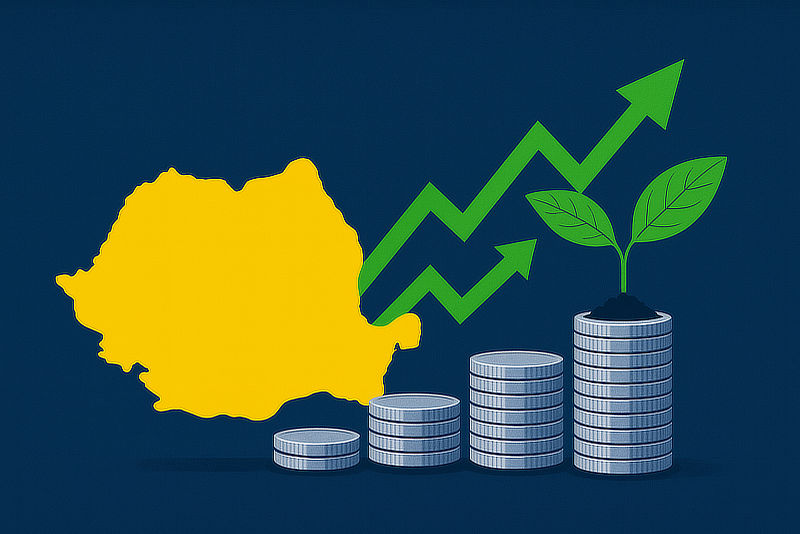The Romanian foreign direct investment regime requires investors to file a notification when they take control or become effectively involved in the management of a company operating in Romania, if the transaction concerns a sensitive sector and exceeds the threshold of two million euro. For transactions in critical sectors below this threshold, investors can file voluntary notifications and the Romanian authorities encourage them to do so proactively.
Thus, any foreign or European investor must notify the Commission for the Examination of Foreign Direct Investments (CEISD) when the planned investment exceeds the value threshold set by law. In practice, this obligation has created difficulties, mainly due to the lack of clear rules for calculating the value of the investment.
To address these challenges, the Competition Council has recently issued detailed guidance explaining how to calculate the value of the investment and the steps required for notification. The new rules clarify what elements should be included in the value - not just cash amounts, but also capital, tangible or intangible assets, services and other in-kind consideration provided by the investor.
When investors notify a transaction, they must determine the total value of the investment according to these rules. If they are acquiring shares or equity shares, they take into account the price paid or the contribution to share capital. If they make a capital increase or other contribution without a transfer of securities, the value of the investment is the total amount of the contribution, including the share premium if any. Conversely, when an existing shareholder contributes additional capital without changing control of the company, the investment is not covered by the ordinance.
For transactions where there is no direct price - such as exchanges of assets or contributions in kind - investors use the market value of the assets acquired. If this is not available, they may use book or tax value or an independent valuation report. If the investment combines several forms - cash and assets, for example - the values are added together to arrive at the final amount.
If the transaction includes services or other benefits in kind, these are valued at the market value at the time of the application. When the investment is made in the form of a loan or financing arrangement, the full amount of the loan, including interest, is taken into account, except for ordinary bank loans, which do not confer control over the company.
For the conversion of previous holdings into share capital, the initial amount paid shall be added to any additional amount involved in the conversion. In the case of securities listed on a stock exchange, investors take the closing price on the day prior to the filing of the notification or, if not traded on that day, the last published price.
When the investment takes place in several stages, the values of each stage are cumulated. If there are conditional benefits or terms, investors include them in the total value. And in international transactions involving assets in more than one country, the value of the assets in Romania is taken into account; if this value is not separate, the total value of the transaction is used.
With these rules, the authorities aim to provide a clear and uniform assessment framework so that investors know exactly when they need to notify CEISD and obtain authorization. This mechanism increases transparency and helps both investors to plan deals correctly and the government to protect strategic sectors - such as energy, infrastructure or emerging technologies - without discouraging the flow of capital needed by the economy.



